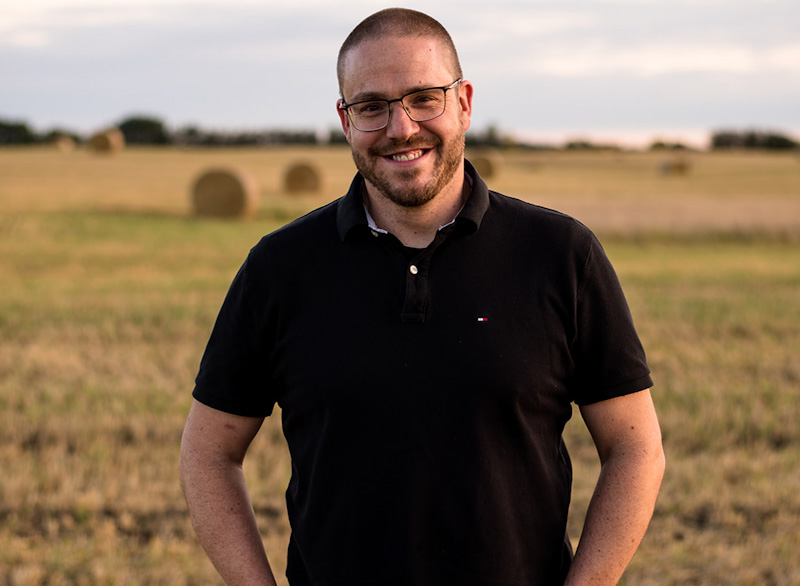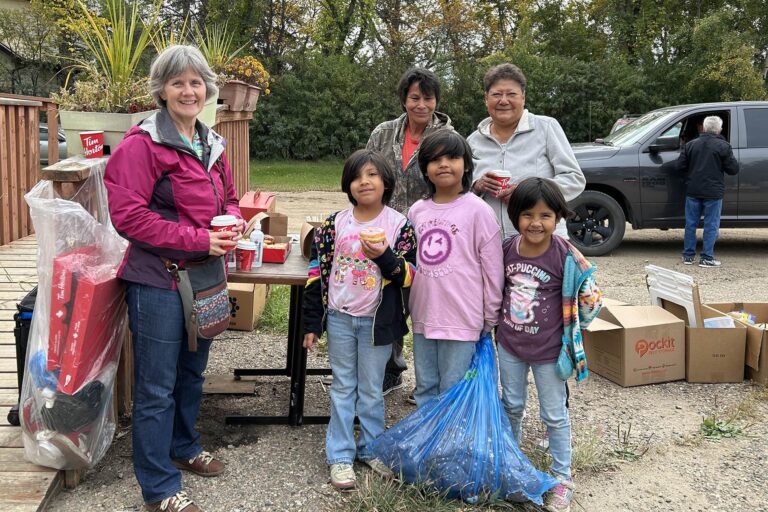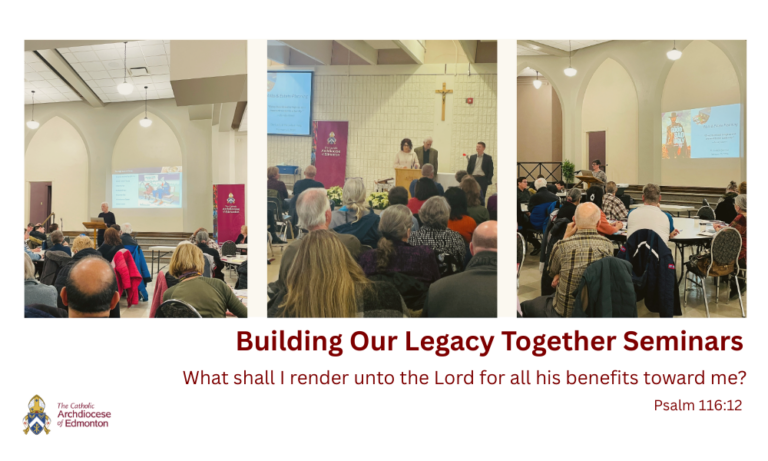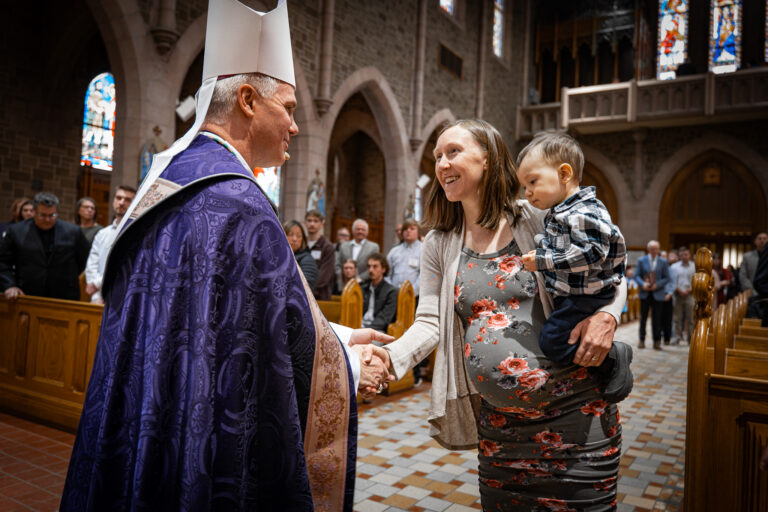One of the most well-known and heartrending stories about St. Peter is the account of his threefold denial of Jesus. This story can be found in all four Gospels: Matthew 26:69-75, Mark 14:66-72, Luke 22:54-62, and John 18:15-18 & 25-27. When he heard the rooster crow, I imagine Peter was awash in shame, embarrassment, and failure. He had failed his dearest friend and went off to weep bitterly (Luke 22:62). But after Pentecost Peter was a different man. He preached a sermon that converts 3000 (Acts 2:14-42), and tradition tells us he later died a martyr, crucified upside down for his faith.
What changed at Pentecost? We read in Acts 2:4 that it was then that Mary, Peter, and the other Apostles “were all filled with the Holy Spirit.”
After Pentecost, St. Peter was a different man and he later died a martyr.
While we know that the Holy Spirit changed everything, the Spirit seems more mysterious and distant than the rest of the Trinity. In the Nicene Creed, we profess our belief that he Holy Spirit is the third person of the Trinity Whom we are to worship and glorify alongside the Father and the Son:
To believe in the Holy Spirit means to worship him as God just like the Father and the Son. It means to believe that the Holy Spirit comes into our hearts so that we as God’s children might know our Father in Heaven. Moved by God’s Spirit, we can change the face of the earth.” – YouCat 113
While the Bible explains the Holy Spirit to us by images like the dove, tongues of fire, and rivers of living water, perhaps the best way to understand who the Holy Spirit is to understand what the Spirit does. St. John Vianney said “When we have the Holy Spirit, the heart expands and bathes itself in divine love,” and YouCat affirms that “The Holy Spirit makes me receptive to God, He teaches me to pray and helps me to be there for others” (YouCat 120).
Mary is the greatest example of what this looks like. After being overshadowed by the Spirit, she didn’t just stay home and rest on her laurels, she went to see her cousin Elizabeth to help her prepare to have her baby. When Elizabeth heard Mary’s greeting the child leapt in her womb (Luke 1:39-56). This is the kind of transforming effect that the Holy Spirit can have on our lives. We don’t lose ourselves but instead are able to become who and what God had created us to be in the first place. The gifts of the Spirit (Isaiah 11:2-3) are given to us to strengthen us and to draw us closer to God. The action of the Spirit changes us to be more loving, joyful, peaceful, patient, kind, good, faithful, gentle, and self-controlled people (see Galatians 5:22.)
The Spirit doesn’t only work in the lives of individual Christians like the Blessed Virgin Mary and St. Peter. In the Creed, we recognized four other places in which the Spirit impacts the lives of all Christians:
- One, Holy, Catholic, & Apostolic Church
“The Church (exists) to make the kingdom of God, which has already begun with Jesus, germinate and grow in all nations” (YouCat 123). The Church is here to do what Jesus did and share His Kingdom with the world. When we look back over the history of the Church, we see some glorious chapters and some which are shameful. The fact that the Church remains today, teaching what Jesus taught and standing as a witness to the Gospel for the world is a demonstration of the presence and work of the Holy Spirit within her.
- The Communion of Saints
When we speak of the Church, we speak not only of those of us on earth who claim membership in the Church, but also those who have come before us:
The Church is larger and more alive than we think. Among her members are the living and the deceased (whether they are still undergoing a process of purification or are already in the glory of God), individuals known and unknown, great saints and inconspicuous persons. -YouCat 146
Those ‘already in the glory of God’ are the saints, both those who are canonized and recognized by the Church and all the other saints whose names and virtue we may not know. As Catholics, we are to be inspired by them, to imitate them, and we ask for their prayers Those ‘still undergoing the process of purification’ are those in purgatory. “Someone who dies in God’s grace (and therefore at peace with God and men) but who still needs purification before he can see God face to face is in purgatory” (YouCat 159).
- The Forgiveness of Sins
Since the first sin of Adam and Eve, humanity has struggled with the temptations of this life. Despite the sacrifice of Jesus and the gift of the Holy Spirit, we still give in to temptations and choose to do what we know is wrong. God extends His mercy to us through the Sacraments, offering forgiveness for all our sins:
Jesus not only forgave sins Himself, He also conferred on the Church the mission and the power to free men from their sins (John 20:23). -YouCat 150
Knowing we can be forgiven an excuse to go on sinning but should instead be a constant reminder that God loves us as we are (yet loves us too much to leave us there).
- The Resurrection of the Body & Life Everlasting
God created us with a body (flesh) and a soul. At the end of the world he does not drop the ‘flesh’ like an old toy. On the ‘Last Day’ He will remake all creation and raise us up in the flesh -this means that we will be transformed but still experience ourselves in our element. -YouCat 153
We believe that by the Holy Spirit God will renew the earth, and bring not only our souls into eternal life, but also a final, definitive resurrection of our human bodies as well. How this takes place is a mystery, but we see foreshadowing of this experience in things around us like seeds which go into the earth, die, and then grow into beautiful flowers, trees, or other plants.
It is by the Holy Spirit that we can become what we have been made to be: God’s sons and daughters (John 1:12), and the saints of this millennium. We can be grateful for His ongoing action in our hearts, Church, and the world – and live with hope that His choice to remain with us in this way means we are never left alone.
Come, Holy Spirit! Fill the hearts of your faithful and enkindle in us the fire of Your love. Send forth Your Spirit, and we shall be created, and you will renew the face of the earth. Amen.
-This is the 10th in a series on the Youth Catechism. Mike Landry is Catholic Youth Camps director for the Archdiocese of Edmonton. He is also chaplain for Evergreen Catholic Schools, serving 10 schools west of Edmonton. Mike and his wife Jennifer live in Stony Plain with their five children.




